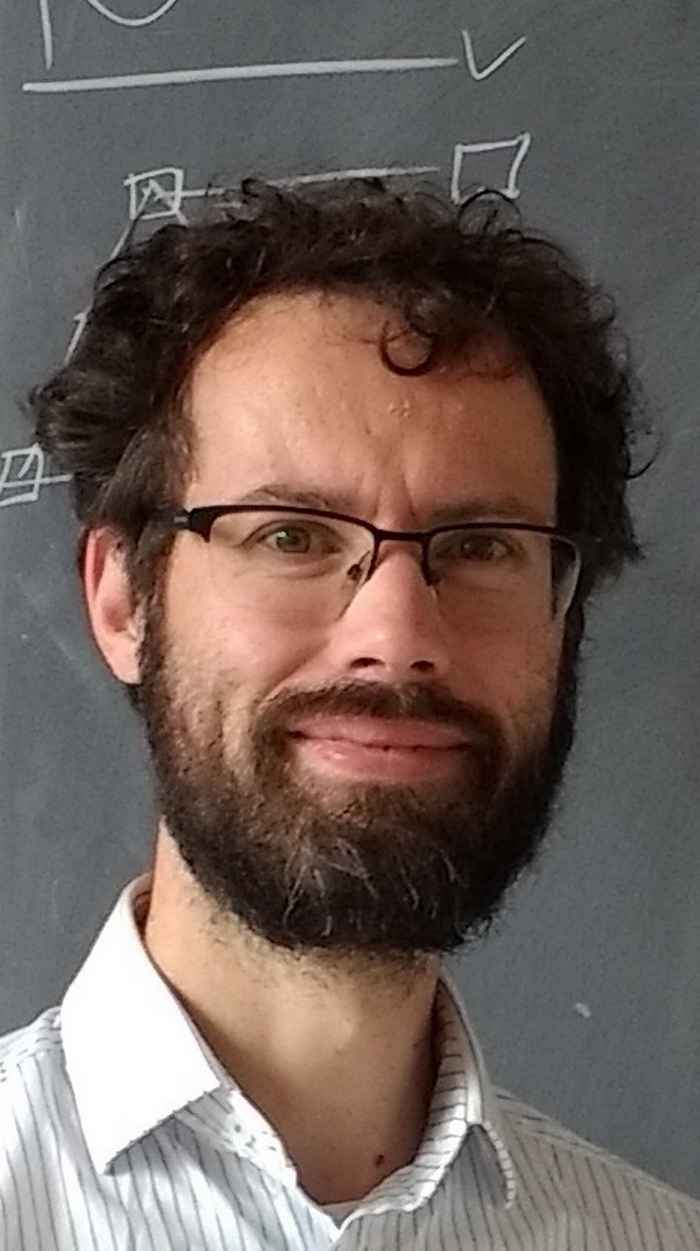Jasper van Wezel appointed professor in Condensed Matter Theory
23 October 2024

Van Wezel is a theoretical physicist whose research focuses on a better understanding of quantum phenomena. His scientific contributions cover a broad spectrum of topics, ranging from foundational concepts in quantum information and topology to microscopic modelling of correlated matter. He often works in direct collaborations with experimentalists.
After obtaining his PhD at Leiden University in 2007, van Wezel held a postdoctoral position in Cambridge from 2007-2010, followed by an Aneesur Rahman Fellowship at the Argonne National Laboratory from 2010-2012. From 2012-2014 he was a lecturer at the University of Bristol, before joining the University of Amsterdam in 2014, originally as an assistant professor on a Vidi grant, and since 2016 as an associate professor.
During his career, Van Wezel has built up strong research positions in the theory of density wave physics in quantum matter, as well as in the field of topological materials, applied to both electronic and mechanical systems. His recent focus is on the role of singular limits in physics, exploring both analogues of black hole physics in quantum materials, and the fundamental limits of quantum dynamics, potentially observable in experiments on small quantum devices.
Besides his research work, Van Wezel actively contributes to the general interest of the physics community, both at the UvA Institute of Physics and at the national level. He chairs the educational board of the Dutch Research School of Theoretical Physics, was a member of the NWO advisory board for Nano, Quantum and Materials Physics, and is the treasurer for the SciPost Foundation, a nonprofit organization that operates the SciPost.org interactive online portal for open access publishing. He obtained his Senior Teaching Qualification in 2021 and is an active and inspired teacher. Besides teaching many courses, he initiated the broad revision of the Physics and Astronomy Master Programme that is currently going on. Van Wezel will continue to build on all of these activities in his new role as a professor in Condensed Matter Theory.